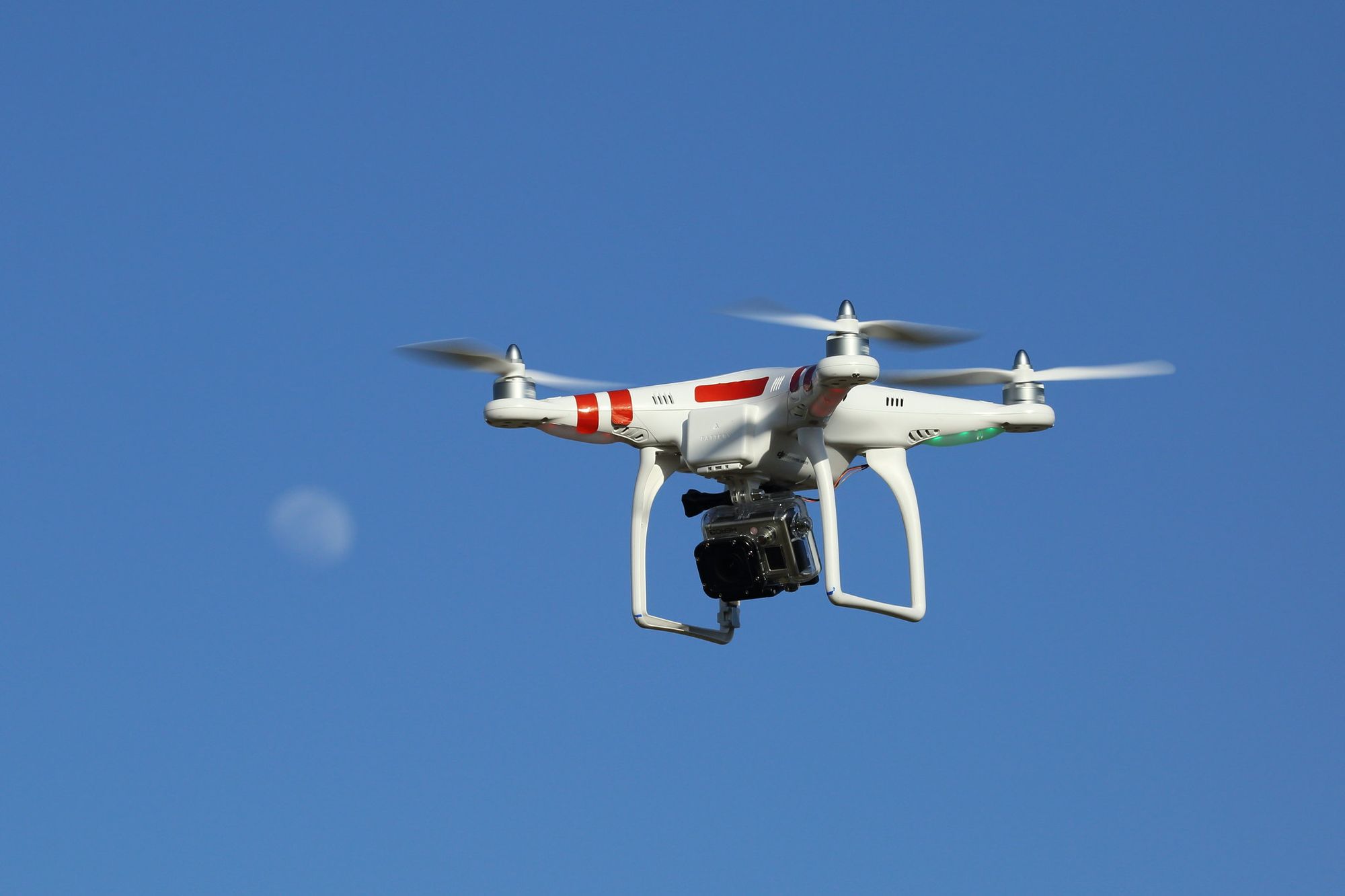
⚡️ Microwaves transmit power to drones – and potentially rockets
Imagine reducing the weight, cost and complexity of spacecraft quite simply by leaving fuel behind. It sounds astonishing, but it's exactly what researchers in Japan are aiming for.
Share this story!
A major contributor to the high price of space launches is the vast quantities of fuel needed to carry the vessel into space and to its intended destination. Fuel can make up an astounding 90 percent of the weight of a rocket. Researchers in Japan are conducting a project that may result in a nifty solution: leave the fuel behind.
In a study published earlier this month, Japanese researchers described how they'd powered free-flying drones by transmitting microwave power. To do this, they convert radio frequencies into a direct current, which then powers the drone's motors. The idea isn't new, but previous experiments were carried out long ago, using low frequencies. By using high frequencies of 28 gigahertz, they were able to lift 0.9 pounds of weight.
To achieve this, a sophisticated beam-tracking system was used to make sure that the drone received as much power as possible. Despite this, only 30 percent of the emitted microwaves were captured by the drone. Of the waves captured, 40 percent were converted into electricity.
"These results show that more work is needed to improve the transmission efficiency and thoroughly evaluate the feasibility of this propulsion approach for aircraft, spacecraft and rockets”, Kohei Shimamura of the University of Tsukuba said in a statement.
"The big challenge is to track the microwave to the rocket until it reaches an altitude of 100 kilometers, approximately 62 miles. To achieve this, it is necessary to control the phase of the thruster and microwave with high accuracy. Also, aligning the phase of multiple microwave sources with high power is a future challenge," Shimamura told Space.com via email.
It's clear that the technology is in its infancy and that microwave-powered rockets are a far way off. But the technology remains promising. The theoretical advantages mean that microwave-powered rockets one day could become a superior way to launch spacecraft – lower weight results in less cost. And, of course, not combusting chemicals could be beneficial to the environment.
Image: "Drone and Moon" by Don McCullough is licensed under CC BY 2.0
By becoming a premium supporter, you help in the creation and sharing of fact-based optimistic news all over the world.


